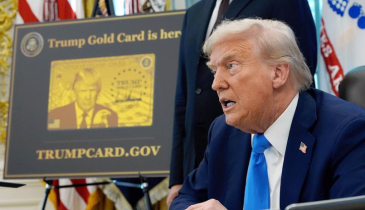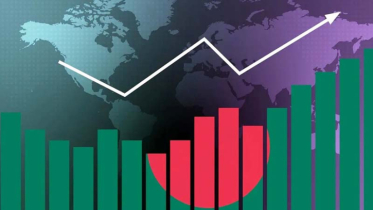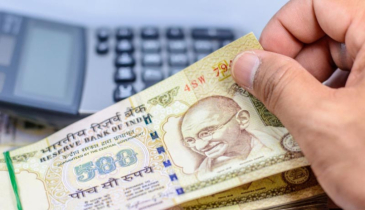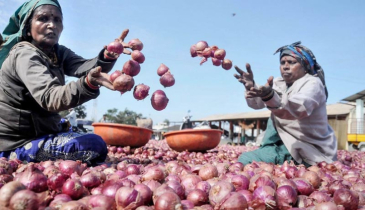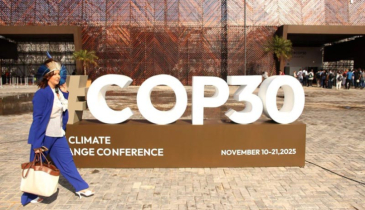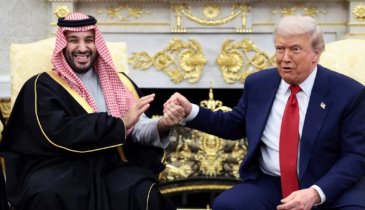India first in supporting IMF assistance for Sri Lanka
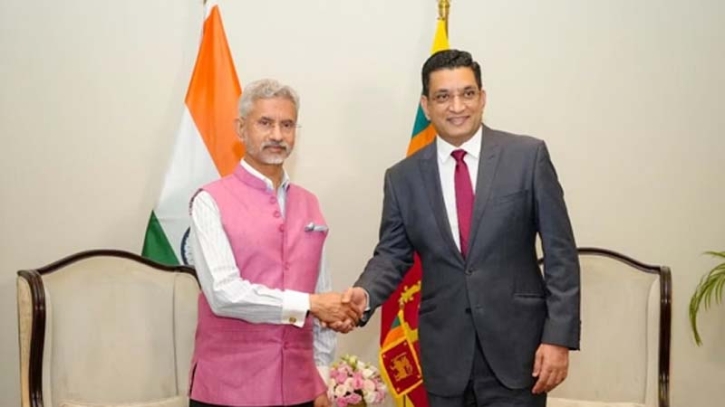
New Delhi became the first country to hand-over its letter of support for financing and debt restructuring of Sri Lanka to the International Monetary Fund (IMF) in a sign of its continued support for the island nation's economic recovery. In 2022, India provided 4.5 billion US dollar in assistance to Colombo to tide over its dire economic situation.
While China is expected to hand over its letter of support to International Monetary Fund on Sunday, India handed over its support letter to IMF on January 16, four days before External Affairs Minister S Jaishankar landed in Sri Lanka to meet country's political leadership on January 20.
During his meetings with Sri Lankan leaders including President Ranil Wickremesinghe, S Jaishankar made it clear that India stands with its neighbour at a time of need and is prepared to go the extra mile if the need arises. India's foreign minister said his visit to Sri Lanka was a demonstration of Premier Narendra Modi’s neighborhood-first policy.
In the letter of support to International Monetary Fund, addressed to IMF Managing Director Ms. Kristalina Georgieva, India's finance ministry acknowledged Sri Lanka's deeply unsustainable debt situation, the country's engagement with creditors to restore debt sustainability, and confirmed its strong support to Colombo's prospective extended finance facility supported program.
New Delhi has made it clear that it is committed to supporting Colombo with financing/debt relief consistent with restoring that country's public debt sustainability under the IMF supported program and ensuring that the program is fully financed as projected by the Bretton Woods Institution. India has conveyed that this financing/debt relief will be provided by the Export Import Bank of India.
India has made it clear to IMF that Sri Lankan authorities are expected to seek equitable debt treatments from all commercial creditors as well as official bilateral creditors, apart from adequate financing contributions from the multilateral development banks.
.png)



